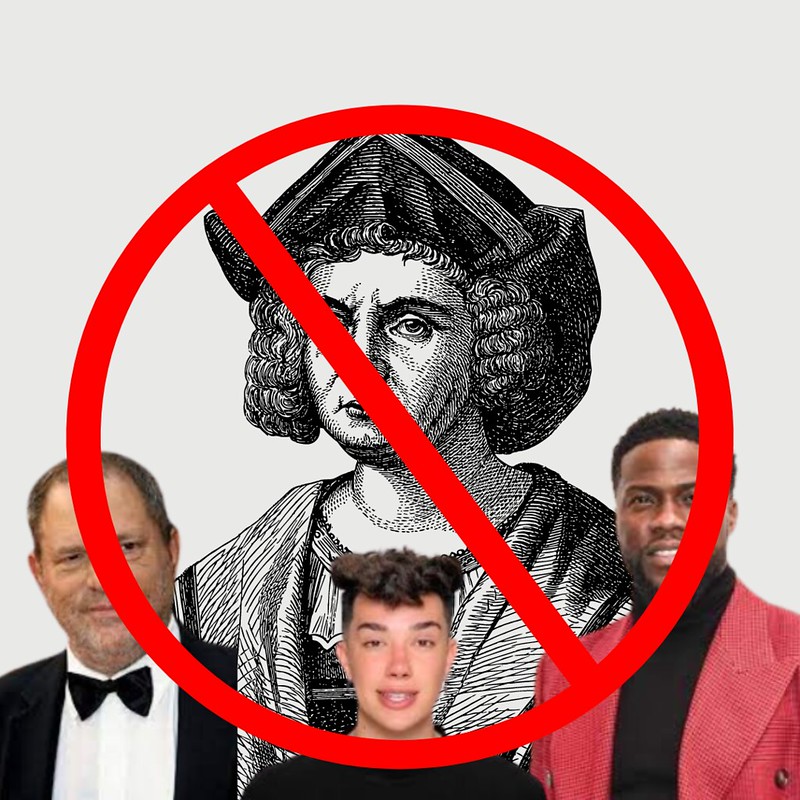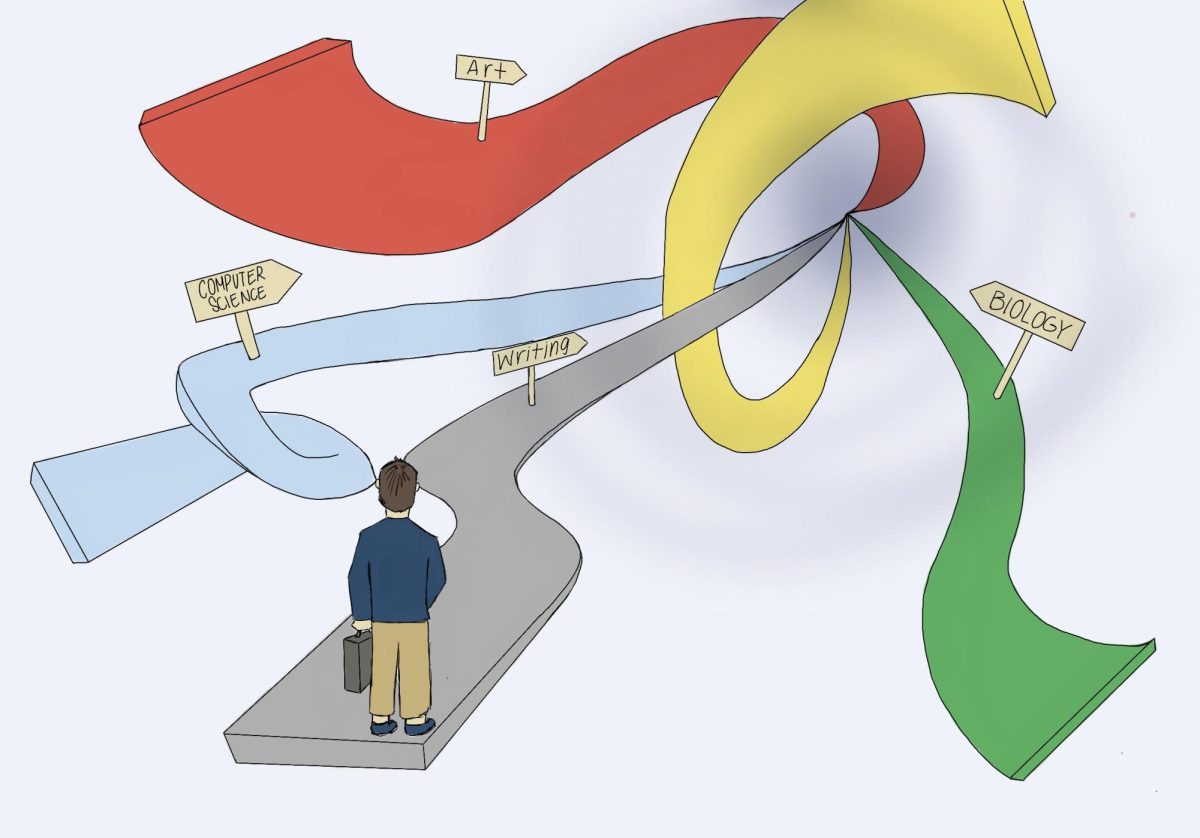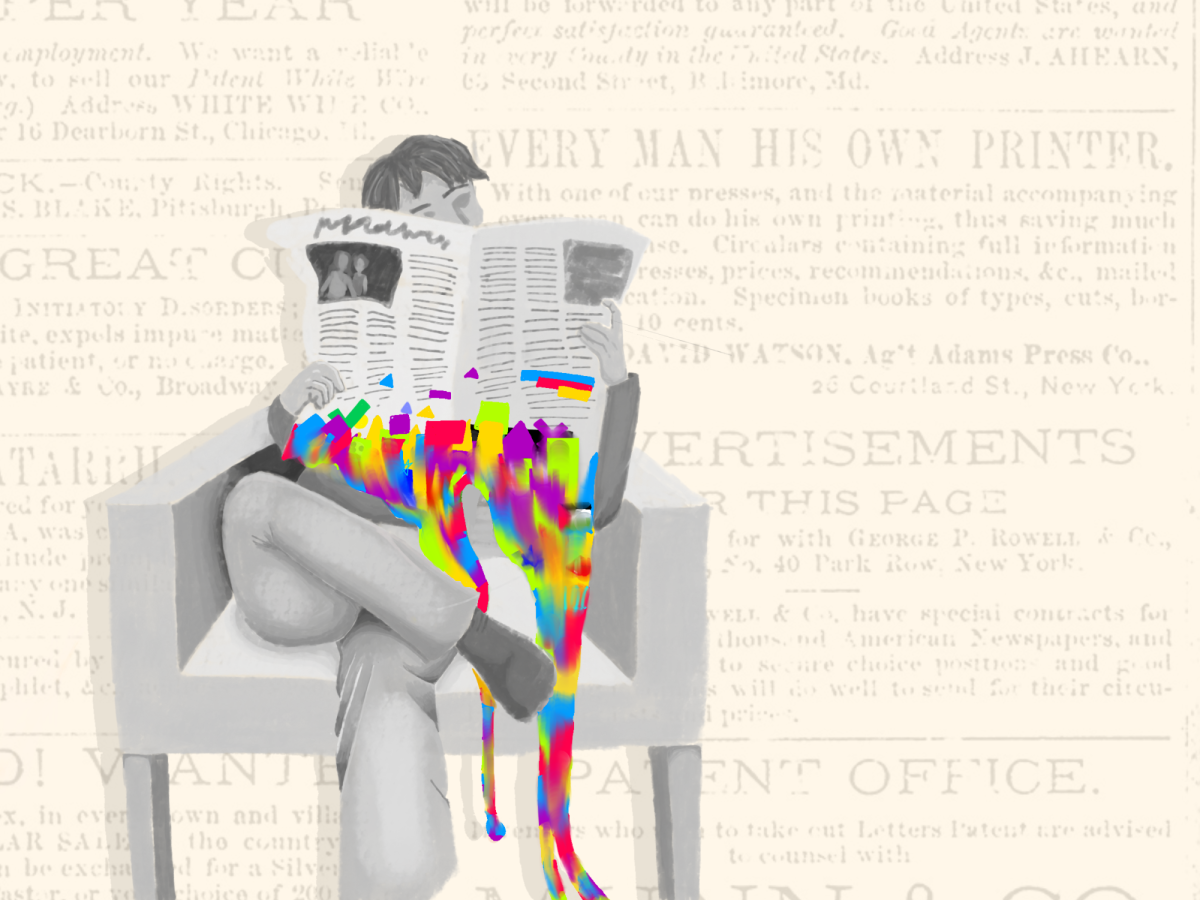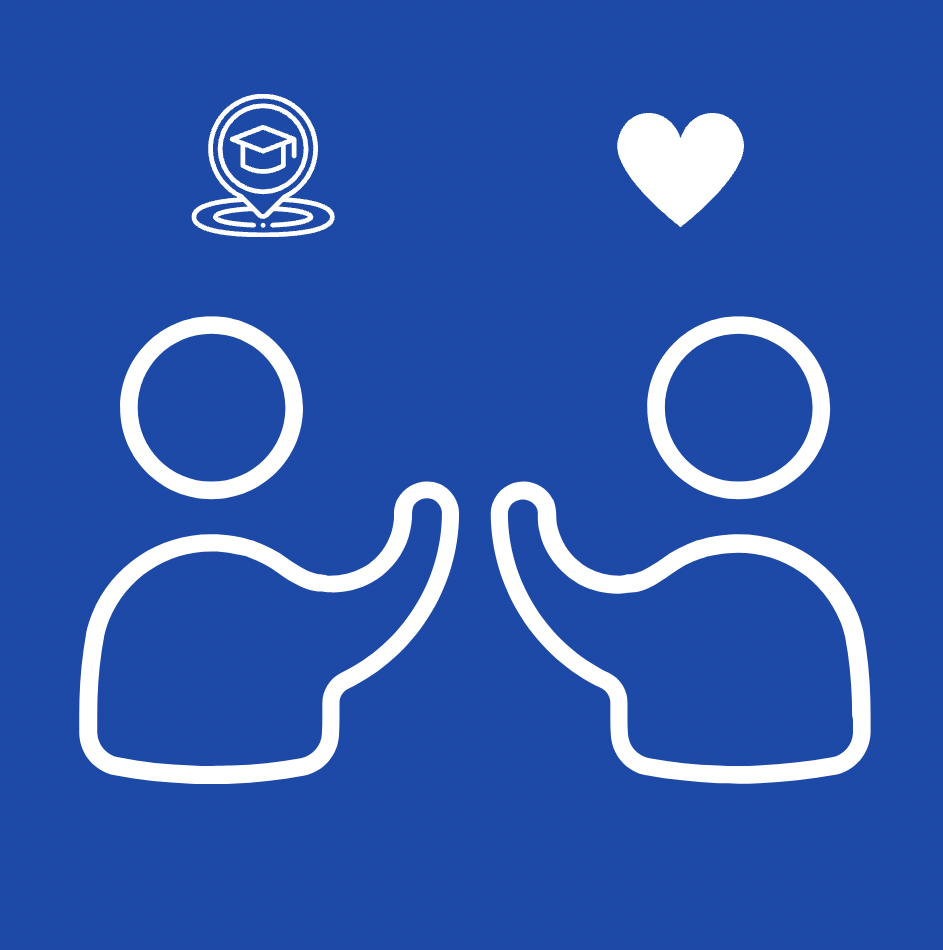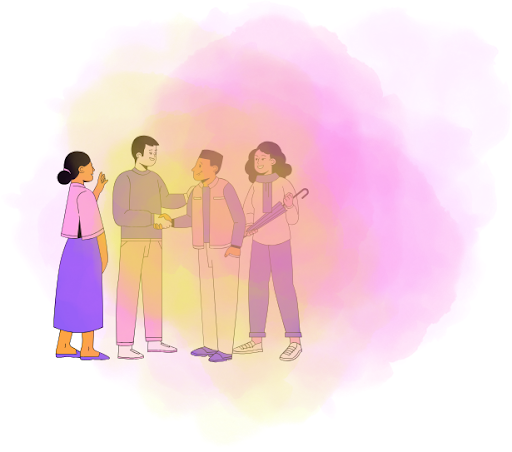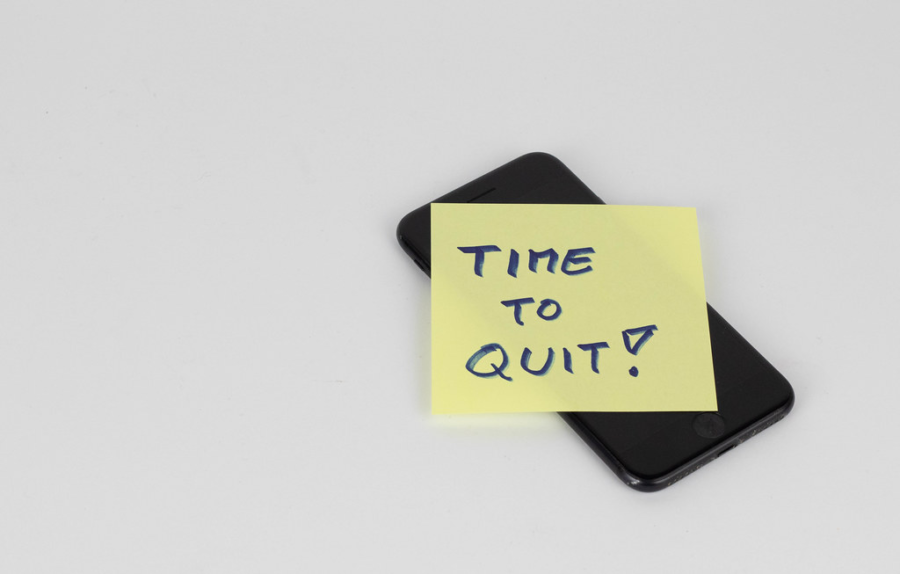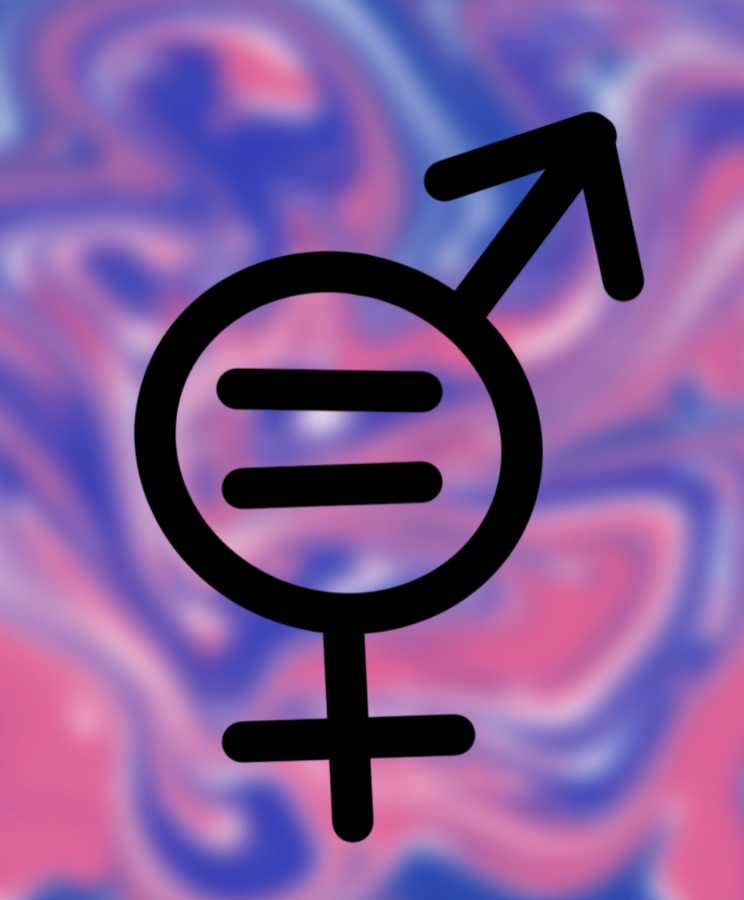Dear Reader,
Is today’s hero, tomorrow’s villain? In today’s conversation landscape, talk about the pros and cons of “cancel culture” is extensive, to put it mildly. Public figures and organizations are rapidly falling out of favor with the public because of behaviors that — by the public’s account — do not square with moral and ethical conduct. The larger societal shift behind all of this is a move toward a world that demands moral integrity and ethical behavior.
The reevaluation of both historical and contemporary figures is a prime example. Historical figure, Christopher Columbus was once a celebrated figure for “discovering” the New World. Now, he is facing criticism for his oppressive deeds toward Indigenous peoples. This reassessment has led to the removal of his states and the renaming of “Columbus Day” to “Indigenous Peoples Day”, a necessary step toward addressing the darker parts of our history.
In Hollywood, celebrities like Kevin Hart have faced severe backlash for past indiscretions, drawing a much-needed line for acceptable statements. The comedian and actor faced severe backlash for his past homophobic tweets, forcing him to withdraw from hosting the 2019 Oscars. This incident, though just a drop in the ocean of cancel culture, is a testament to the power of the people to hold public figures accountable for their past actions and statements, regardless of when they were made.
Cancel culture has become a tool for social adjustment. Social media platforms amplify the voices of the previously unheard and marginalized voices. The #MeToo movement is a prime example of this, turning social media into a weapon that brought titans like Harvey Weinstein, a former Hollywood producer accused by numerous women of sexual misconduct, down to their knees. This is not just a social shift but a digital uprising.
Moreover, cancel culture has ripped the microphone from the hands of the powerful and placed it firmly with the masses. It’s a raw, unfiltered form of democracy in action, giving a voice to those long silenced. The global outrage following George Floyd’s death is a testament to this power shift. However, let’s not be blind to the potential pitfalls: Are we championing equity, or are we inching towards an era of overzealous censorship and a culture of intimidation?
Cancel culture can be a positive force when applied thoughtfully and fairly. It should encourage reflection, education, and growth rather than aim to destroy. The dialogue prompted by Kevin Hart’s situation led to meaningful discussions about homophobia and the importance of understanding and dismantling harmful stereotypes.
At its core, cancel culture stems from a desire for ethical conduct and holds individuals accountable, regardless of their status. It emphasizes the power of collective action to address wrongdoing. The goal now is to focus on empathy and progress, recognizing that justice involves more than just punishment and that mercy has value.
As we deal with the complexities of cancel culture, we should remember its purpose: to promote mutual respect and improvement. By leveraging our collective power thoughtfully, we can shape society positively. Cancel culture offers a framework for using our influence for the greater good, reminding us that we have the agency to mold our social environment.

